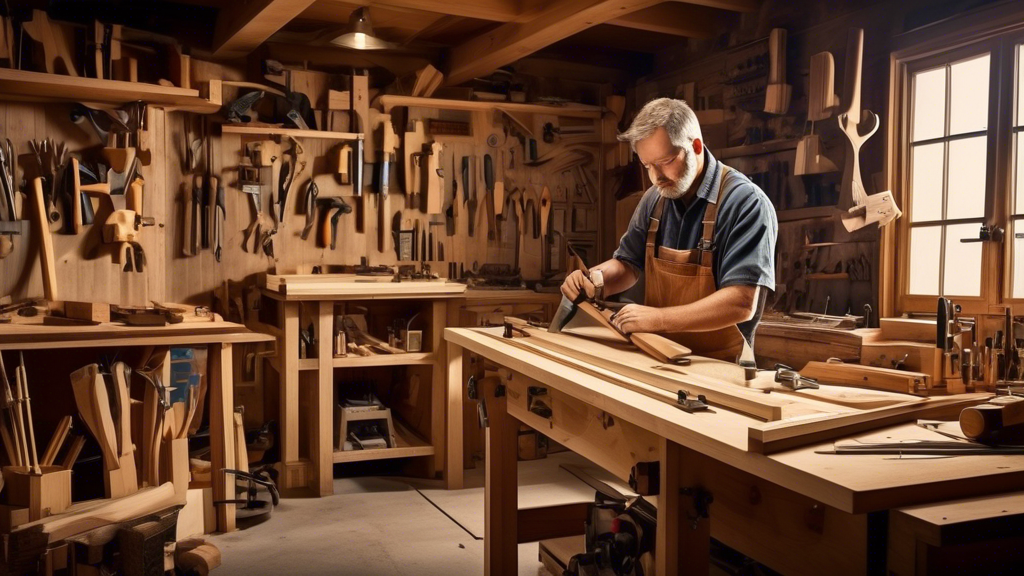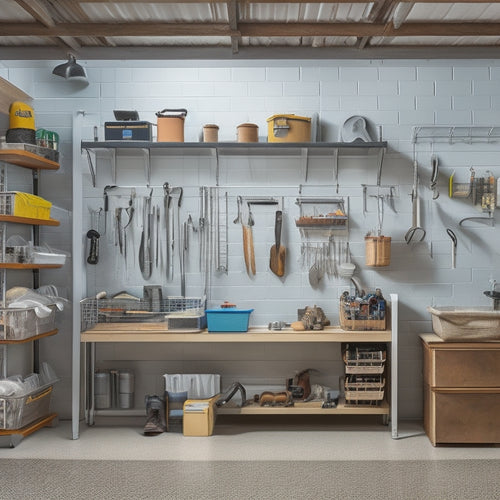
Sharpen Your Carpentry Skills with These Practice Tips!
Share
Ready to Hone Your Carpentry Skills? Let's Get Started!
So, you’re looking to perfect your carpentry skills, but not sure where to begin? Whether you’re a seasoned pro or just starting out on your woodworking journey, practice is key to mastering this craft. Here are some practical tips and tricks to help you sharpen your carpentry skills and take your projects to the next level. Let’s dive in!
1. Start with the Basics
Before you dive into complex projects, make sure you have a solid foundation in basic carpentry skills. Familiarize yourself with essential tools such as saws, hammers, drills, and measuring tape. Practice making accurate measurements and precise cuts to build your confidence.
2. Learn from the Pros
One of the best ways to improve your carpentry skills is by learning from experienced professionals. Consider taking a woodworking class or workshop to pick up new techniques and tricks of the trade. You can also watch online tutorials or follow woodworking blogs for inspiration.
3. Experiment with Different Woods
Each type of wood has its own unique characteristics and working properties. Experiment with different types of wood to understand how they behave when cut, shaped, and finished. This hands-on experience will help you develop a deeper appreciation for the material and improve your woodworking skills.
4. Practice Makes Perfect
Like any skill, carpentry requires practice and patience. Set aside time in your schedule to work on small projects or practice specific techniques. The more you practice, the more comfortable and proficient you will become in handling various woodworking tasks.
5. Focus on Precision
Precision is key in carpentry. Pay close attention to details such as measurements, angles, and joints to ensure a seamless finish. Take your time to double-check your work and make adjustments as needed. Remember, the little details can make a big difference in the final outcome of your project.
6. Safety First
When working with power tools and sharp objects, safety should always be your top priority. Invest in quality safety gear such as goggles, gloves, and ear protection. Keep your workspace clean and organized to prevent accidents. Remember, it’s better to take your time and work safely than to rush and risk injury.
7. Embrace Mistakes as Learning Opportunities
Don’t be discouraged by mistakes – they are a natural part of the learning process. Instead of getting frustrated, take each mistake as an opportunity to learn and improve. Analyze what went wrong, make adjustments, and try again. Over time, you’ll find that overcoming challenges will only make you a better carpenter.
In Conclusion
Mastering carpentry takes time, dedication, and a willingness to learn. By following these practice tips and staying committed to honing your skills, you’ll be well on your way to becoming a proficient woodworker. So, roll up your sleeves, grab your tools, and start building your carpentry legacy, one project at a time!
Related Posts
-

7 Best Practices to Design a Garage Storage System
To design an effective garage storage system, start by evaluating your storage needs, measuring your garage space acc...
